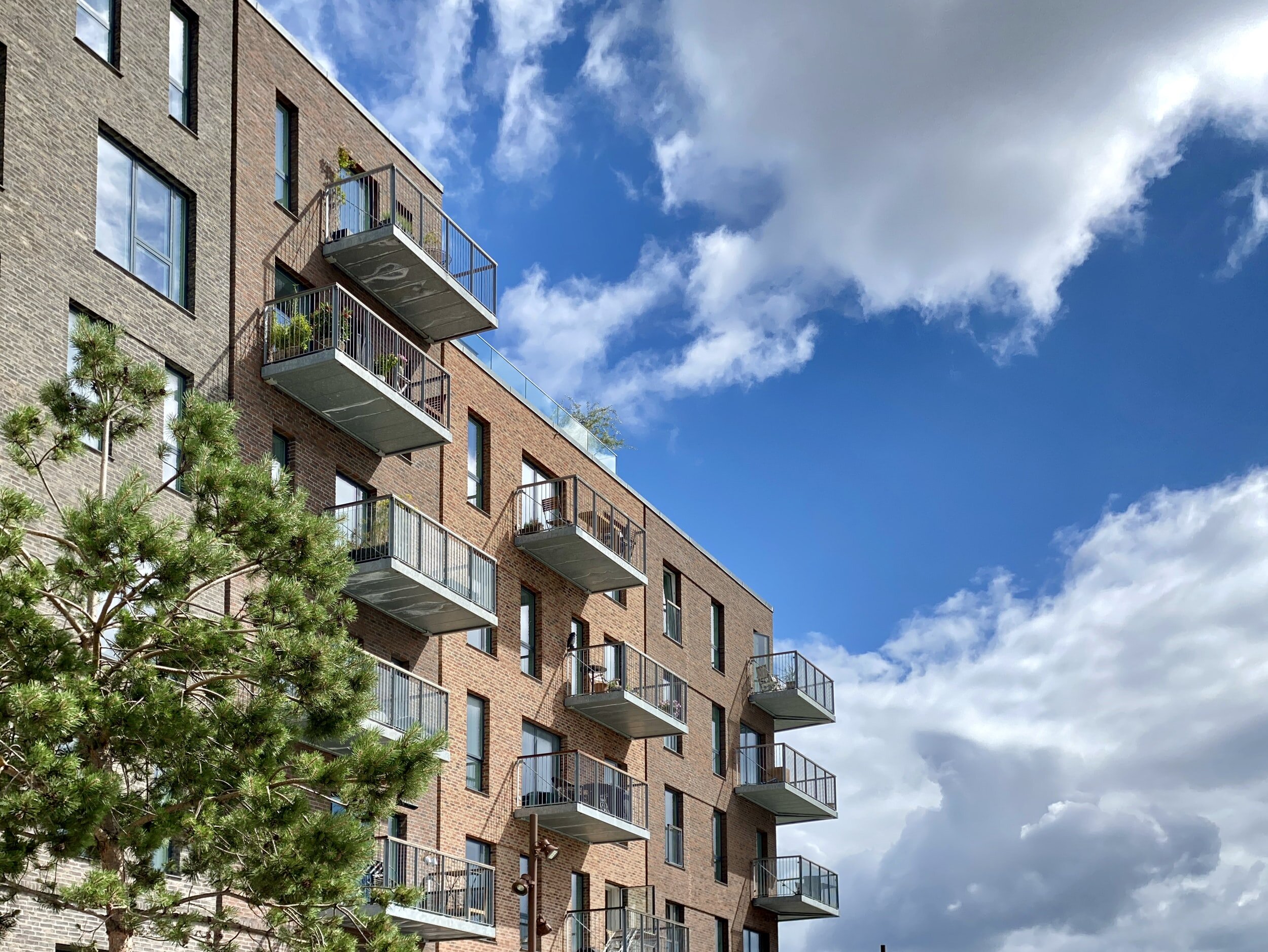Whether you are just beginning your home search in NYC, or you have conducted multiple real estate transactions in the Big Apple, it is important to be aware of or reminded of what costs to expect when buying a home in New York City that may have been glossed over when determining your budget.
Down Payments in NYC On the Rise
The initial investment or down payment is often the largest cost for homebuyers. How much of a down payment you'll need to make is determined by the property's value and the loan's terms. The standard down payment required by banks is typically 20%, however, this number is a guideline today as many lenders offer various mortgage products that have lower (or higher) down payment requirements. Because interest rates have climbed throughout most of 2022, some buyers are opting to put a larger down payment on their purchase than they might have when rates were 2-3% in order to reduce their monthly mortgage cost.
All over the country, the typical down payment is much below 10%. You may buy a home in New York City with as little as 0% down (with a VA loan) or as much as 50% down (for the most competitive co-ops).
Ensure to work with both your Real Estate Advisor and Lender as you work to set your budget, factoring in the type of building at which you are looking as well as current interest rates.
Charges at the Start of a Loan
Most of the NYC buyers chose a mortgage as a way to finance their desired property. Mortgage rates have been fluctuating in recent years because of the Pandemic followed by high inflation. Mortgage loan origination fees typically range from 1% to 2% of the loan amount, with the higher number covering the higher costs associated with in-house processing and underwriting. If your financial standing is solid, you may be able to bargain (or shop about). If the seller wants to attract buyers in a competitive market, they could offer to cover the origination fee.
Tax on mortgage recordings
Mortgage recording taxes are assessed according to the loan amount, not the purchase price. 1.8% for loans under half a million dollars and 1.925% for loans above it apply to condominiums and one- to three-family residences, respectively. Since cooperatives do not qualify as "real property," they are excluded from this regulation.
Calculating taxes can be a daunting project, and you can easily get lost in the numbers. via
Reserves as unexpected costs to prepare for when buying a home in NYC
Liquidity needs after closure are another name for reserves. Cash, cryptocurrency, equities, and bonds are all examples of liquid assets. To convince the board of a New York City co-op that you won't have any trouble making your mortgage or maintenance payments after closing, you should have two years' worth of living expenses in liquid assets.
You can fund an escrow account with your savings as well. Non-mortgage costs, including:
real estate tax
common charges/monthly maintenance
insurance premium
The mortgage servicer may add these costs to the monthly mortgage payment. All of these charges will be included in your one monthly mortgage payment. Since just one payment is required, the procedure is simplified. The lender will separate the charges and pay them as appropriate. This way, you will know in advance what to prepare for when buying a home in NYC.
Paying duties on transfers
The seller is typically responsible for paying the New York City Real Property Transfer Tax. However, the transfer tax is the buyer's obligation when newly constructed condominiums or sponsor units are sold for the first time. If the purchase price is more than $500,000, you may expect to pay a tax of 1.425%, but if it's less, you can expect to pay 1%.
Moving expenses
Most people leave thinking about moving costs at the very last minute. So, moving expenses can come rather unexpectedly to them. Even more so because if you don't plan and end up moving on short notice, you'll have less choice in terms of moving companies and more bills to pay. If you're moving long distance to New York, make sure to look for affordable help, meaning, start searching for reliable movers as soon as possible.
Renovation Costs Can Add up Quickly
Depending on how well the actual property goes with your end vision, you'll need to adjust and invest in some renovations. Of course, you expect the major ones, but it's important to put on paper how much money you will put into them. Also, minor things like pet-proofing your apartment can come to mind at the very last minute, and you might end up costing you more than expected.
Legal costs
When purchasing a home in New York City, you must hire a real estate attorney. The purchasing procedure in New York City is more complicated than in other markets, making the assistance of an attorney essential. A real estate lawyer's fees are often structured differently from those of an hourly rate law firm. You may expect to spend between $1,500 and $4,000. The most you should ever pay is $5,000. Avoid anybody who offers to act on your behalf for a few hundred dollars.
A good lawyer can help you with all the unexpected costs to prepare for when buying a home in NYC.
Warranty on title
Title insurance shields you against any financial obligations the previous owner may have left on actual property, such as a condo or townhouse. You must set aside a few thousand dollars to guarantee a clear title. In other words, less than 1% of the buying price). On a $1,000,000 property, this may cost upwards of $4,000. But your peace of mind is worth much more than that.
Final thoughts
As you see, there are a lot of unexpected costs to prepare for when buying a home in NYC. You need to consider all of these to avoid any unpleasant surprises. You can always call a reliable real estate agent and ask for help when in doubt.






























